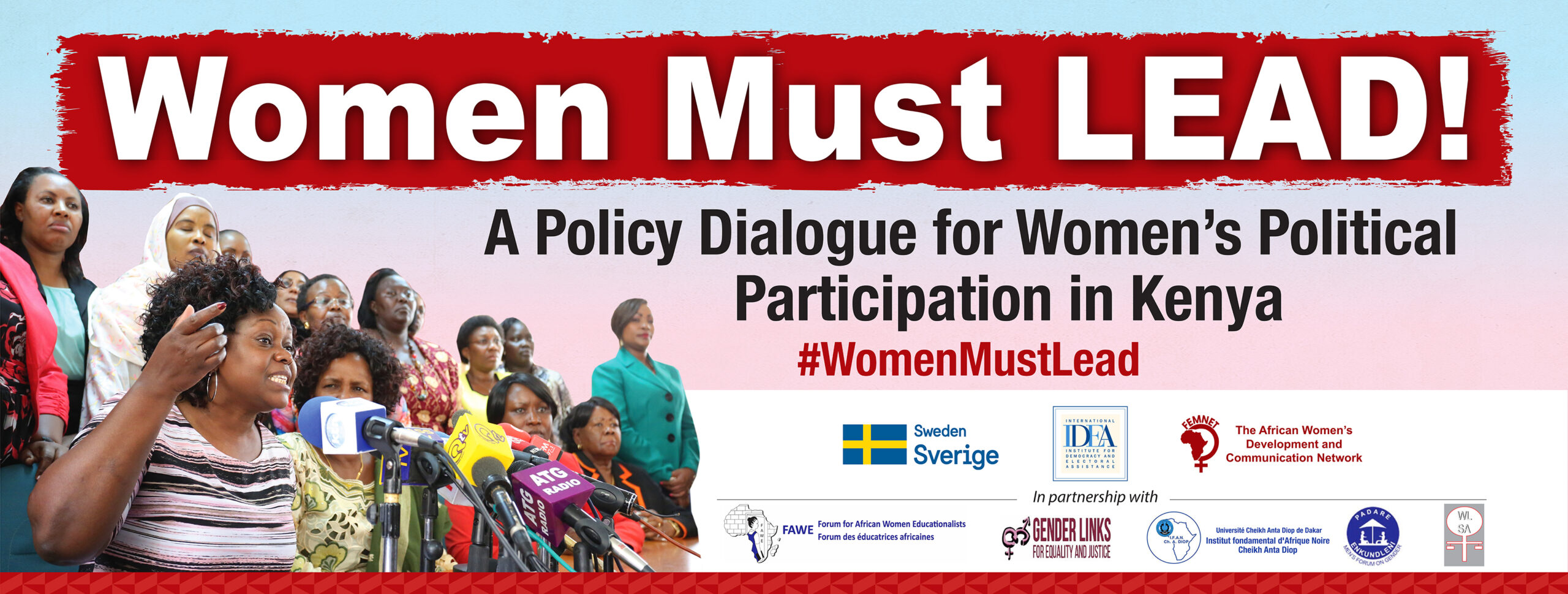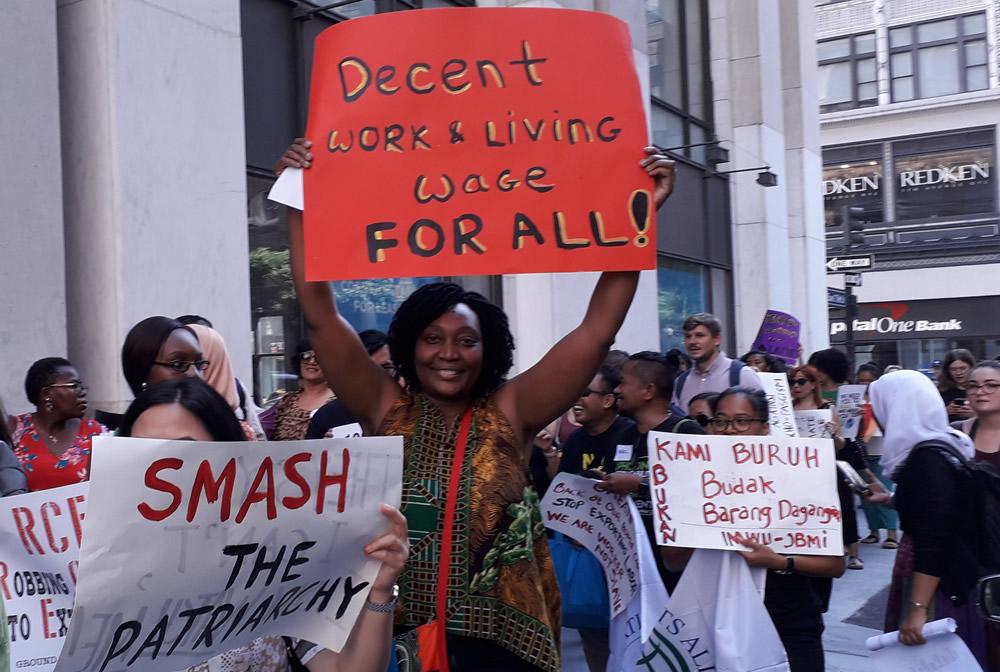African Women's Position on the New Development Agenda
12th August 2015
For Immediate Release
African women join other women’s rights activists in applauding the new “2030 Agenda” for having the promise of being truly transformative for women and girls around the world. The “2030 Agenda” agreed upon on 2nd August 2015 by the 193 members states of the UN will be formally adopted at the UN General Assembly in September 2015 – as the agenda for global sustainable development to be carried out over the next 15 years.
The new agenda includes the Sustainable Development Goals (SDGs), a framework of 17 goals and 169 targets that build upon the Millennium Development Goals (MDGs), which expire this year.
Notably, the “2030 Agenda” includes significant victories for women and girls. Governments have committed to:
=> End discrimination and gender-based violence
=> End child marriage and female genital mutilation
=> Ensure access to sexual and reproductive health care services and education for all
=> Protect women’s and girls’ reproductive rights
=> Recognize and value the burdens of unpaid care work on women and girls
=> Expand women’s economic opportunities and ensure their rights to resources
=> Eliminate gender disparities in schools and ensure equal access to education
For Immediate Release
African women join other women’s rights activists in applauding the new “2030 Agenda” for having the promise of being truly transformative for women and girls around the world. The “2030 Agenda” agreed upon on 2nd August 2015 by the 193 members states of the UN will be formally adopted at the UN General Assembly in September 2015 – as the agenda for global sustainable development to be carried out over the next 15 years.
The new agenda includes the Sustainable Development Goals (SDGs), a framework of 17 goals and 169 targets that build upon the Millennium Development Goals (MDGs), which expire this year.
Notably, the “2030 Agenda” includes significant victories for women and girls. Governments have committed to:
=> End discrimination and gender-based violence
=> End child marriage and female genital mutilation
=> Ensure access to sexual and reproductive health care services and education for all
=> Protect women’s and girls’ reproductive rights
=> Recognize and value the burdens of unpaid care work on women and girls
=> Expand women’s economic opportunities and ensure their rights to resources
=> Eliminate gender disparities in schools and ensure equal access to education
Although gender equality is addressed much more robustly in the SDGs than the MDGs, women’s rights organizations in Africa are greatly concerned of the persistent lack of political will by some of the African member states to safeguard gender equality and the human rights of women and girls throughout the Post-2015 development process.
“We are deeply disturbed that in this time and age we still have countries that have consistently been calling for the removal of language on gender equality, reproductive rights, recognition of human rights and non-discrimination for all” noted Ms. Dinah Musindarwezo, Executive Director, African Women’s Development and Communication Network (FEMNET).
Through the various regional and global agreements, African Heads of State have highlighted the inextricable link between gender equality, women’s rights, women’s empowerment and Africa’s structural transformation – recently highlighted in the Common African Position (CAP) on Post-2015 “No person – regardless of ethnicity, gender, geography, disability, race or other status – is denied universal human rights and basic economic opportunities.”
We are therefore calling on all our leaders – from the community to national to regional levels – to demonstrate political will, domesticate and allocate adequate resources to implement the “2030 Agenda” and other progressive regional and global agreements they have already signed to such as the Protocol to the African Charter on Human and Peoples’ Rights on the Rights of Women in Africa; The Maputo Plan of Action on Sexual and Reproductive Health and Rights; The International Conference on Population and Development Programme of Action (ICPD PoA) and The Abuja Declaration on HIV/AIDS, Tuberculosis and other related Infectious diseases.
FEMNET and Akina Mama wa Afrika have been at the fore mobilizing African women and girls to engage and influence the Post-2015 processes and will continue to monitor progress and advocate for implementation and realization of the ambitious 2030 Agenda.
For more information please contact:
Dinah Musindarwezo, Executive Director, FEMNET: director@femnet.or.ke tel: +254 20 2712971/2
Irene Kagoya, Akina Mama wa Afrika: irene@akinamamawaafrika.org tel: +256 414 543 681
Related Tags
Related Posts
“Women Must LEAD! We need feminist leadership in Kenya”
Press Statement For Immediate Release: Nairobi, 29th August 2020 Ten years after the promulgation of the Constitution of
Learn MoreFEMNET urges more commitment to the delivery of the 2030 Agenda for Sustainable Development
New York, 19th July 2019 – The African Women’s Development and Communication Network, FEMNET alongside hundreds of women’s
Learn More







